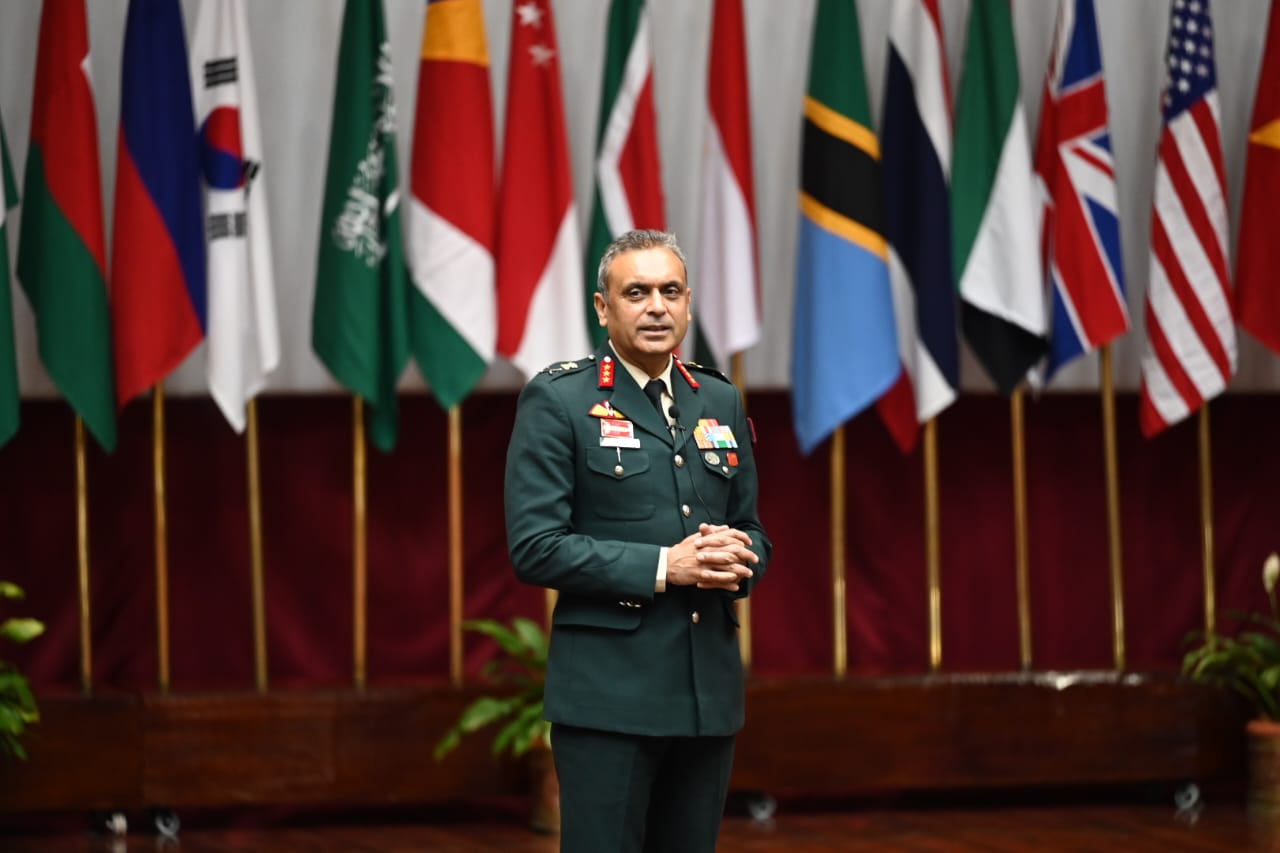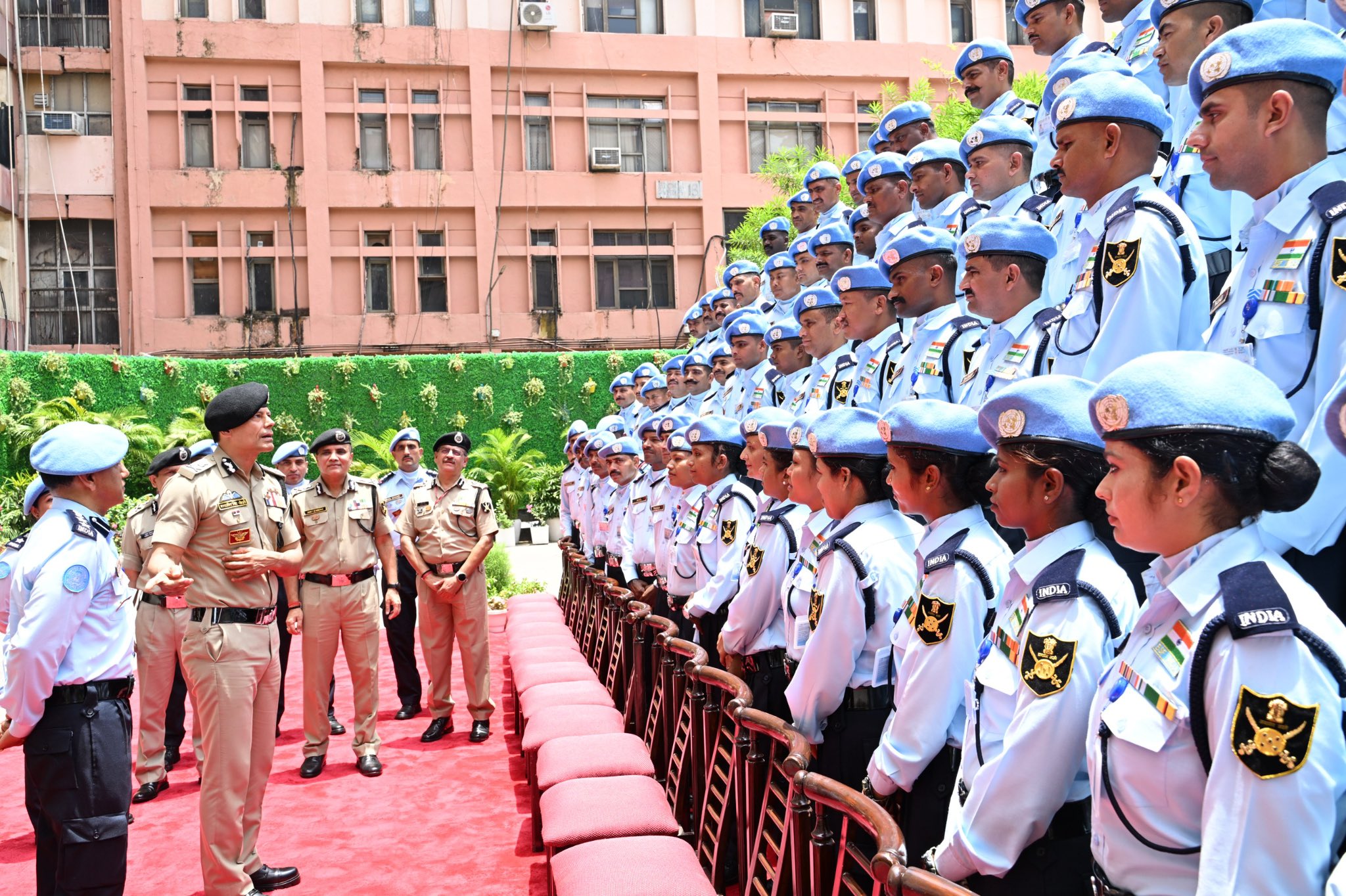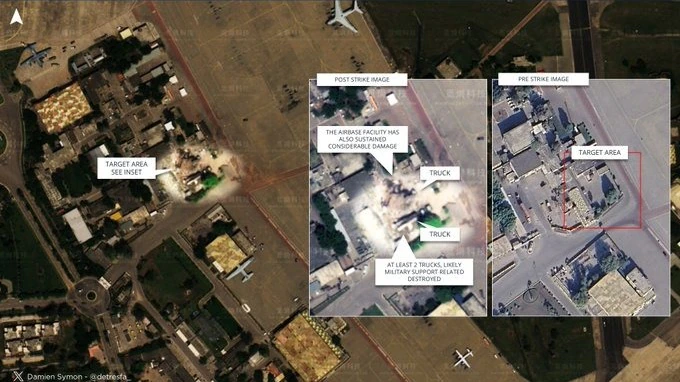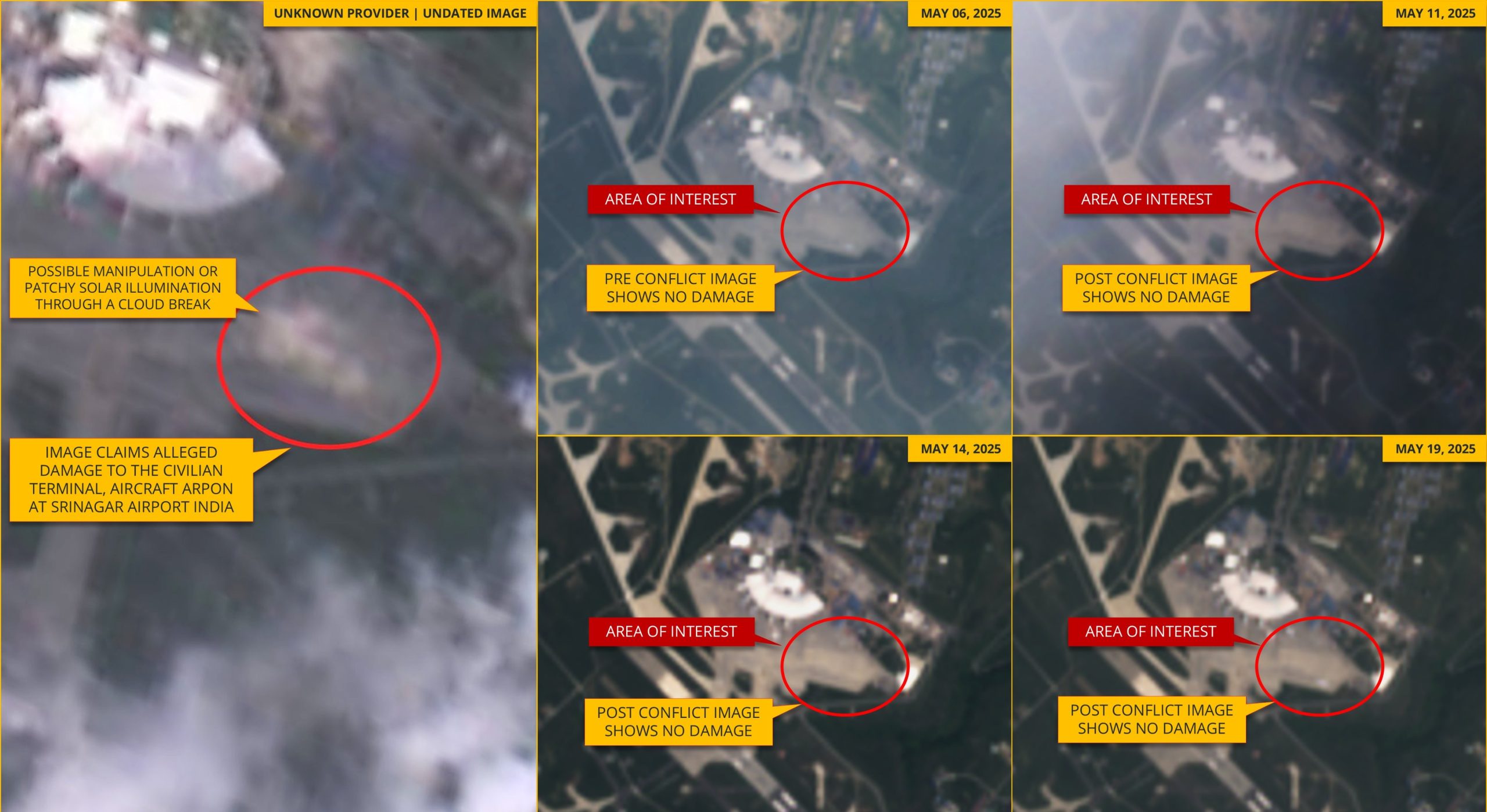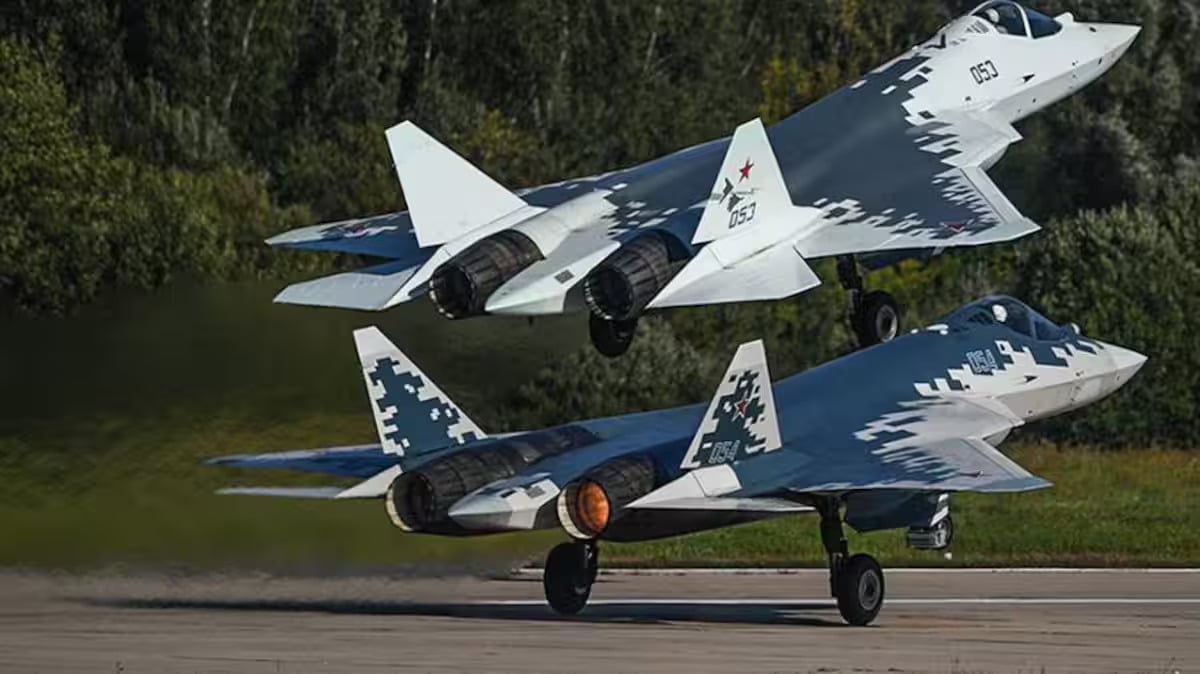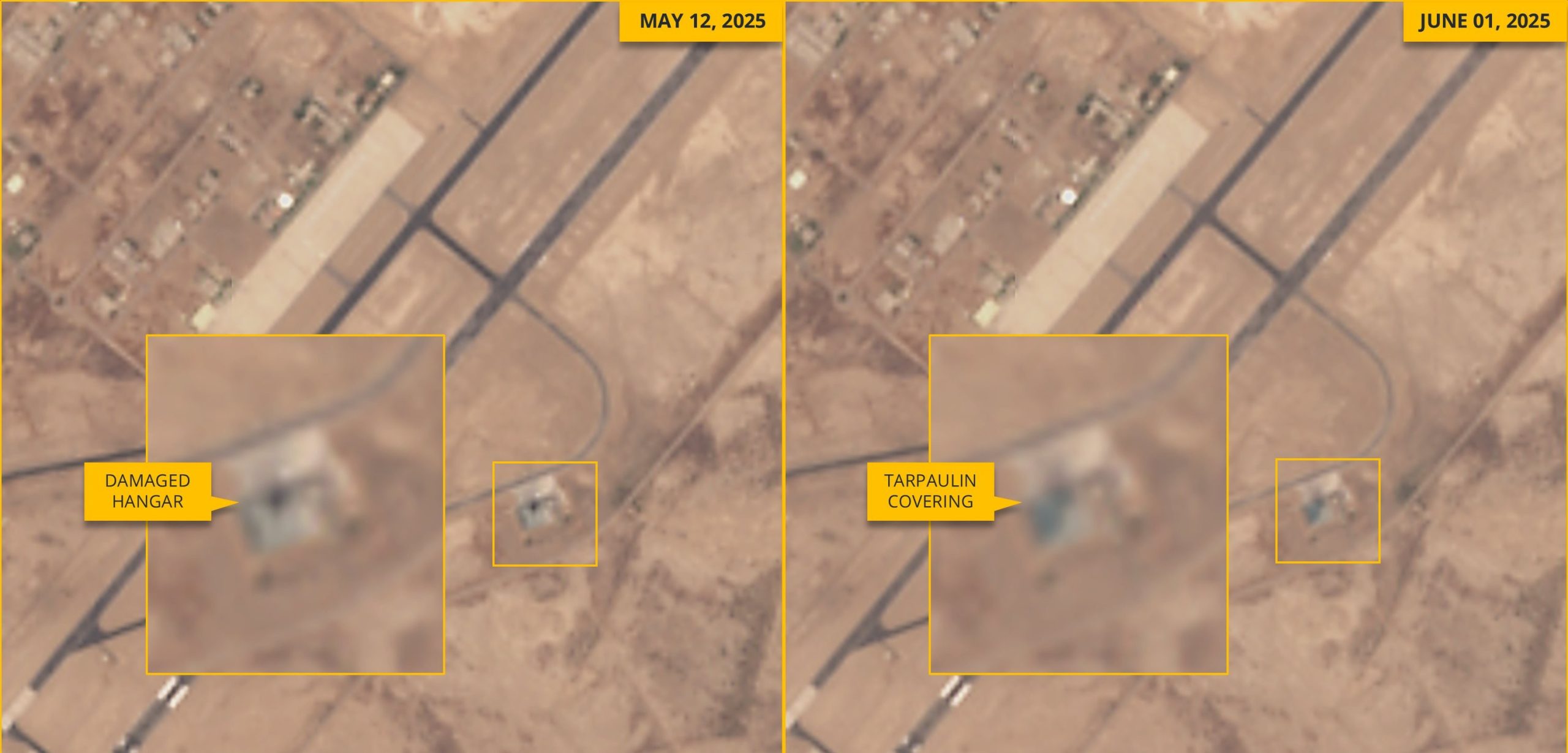81st Staff Course Commences at Defence Services Staff College in Wellington
The Defence Services Staff College (DSSC) in Wellington inaugurated its 81st Staff Course today, launching a comprehensive 45-week program aimed…
160-Member BSF Contingent Flagged Off for UN Peacekeeping Mission in Congo
A 160-member contingent of the Border Security Force (BSF), including 25 women personnel, was ceremonially flagged off today for deployment…
Pakistani Expert Claims U.S. Control Over Nur Khan Base
In a startling development following India’s Operation Sindoor, which targeted key Pakistani military infrastructure in retaliation for the Pahalgam terror…
Misinformation Surrounding Srinagar Airport Damage Debunked By Satellite Imagery
Recent online claims suggesting that Srinagar Airport sustained damage during the India-Pakistan conflict have been categorically debunked following a detailed…
Russia Offers Su-57E Stealth Fighters to India with ‘Make-in-India’ Plan and Tech Transfer
In the wake of rising regional tensions following India’s Operation Sindoor, Russia has extended a renewed offer to India for…
Satellite Imagery Reveals Repair Efforts at Pakistan’s Bholari Airbase Following Indian Airstrikes
Recent satellite imagery of Pakistan’s Bholari Airbase reveals ongoing repair efforts at a hangar that suffered significant damage during Indian…

